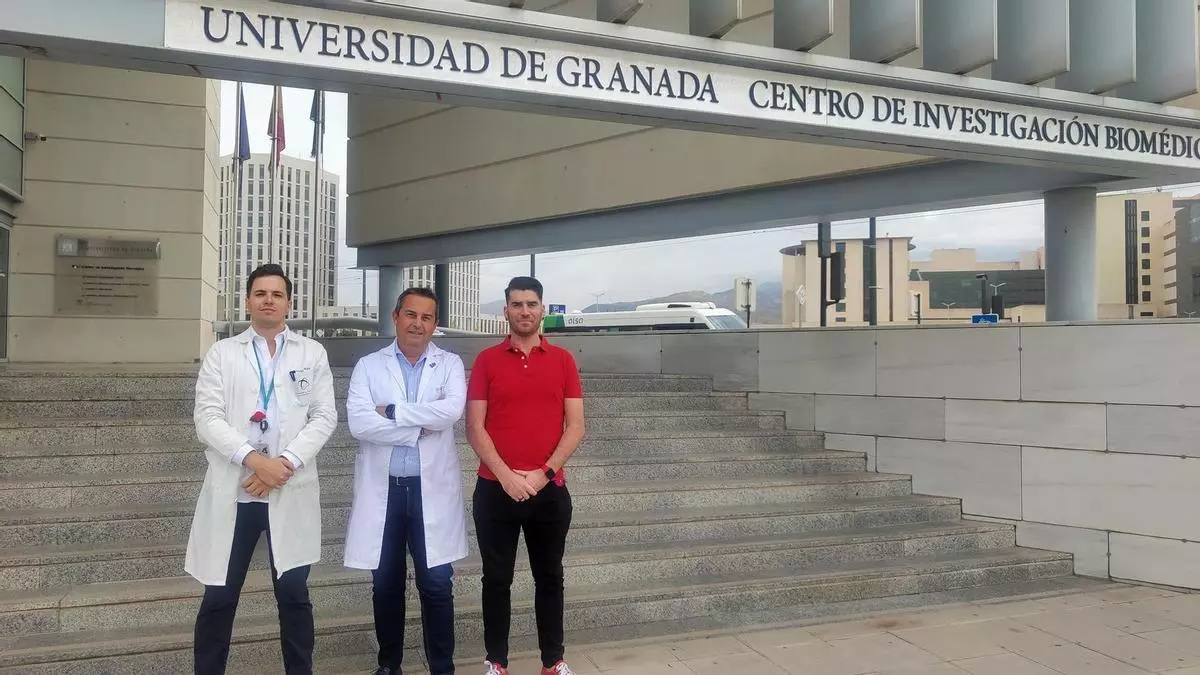
A team of researchers from the University of Granada and the University of Seville, led by Juan Antonio Marchal Corrales and Miguel Ángel Gutiérrez Naranjo, respectively, has published an innovative study that designs an Artificial Intelligence (AI) to improve the prediction of cellular migration in breast cancer. The study, titled Using Deep Learning for Predicting the Dynamic Evolution of Breast Cancer Migration, represents a significant advancement in combining deep learning techniques with computational biology.
This multidisciplinary work, which includes Francisco M. García Moreno and Ph.D. candidate Jesús Ruiz Espigares, both from the University of Granada, focuses on developing a predictive framework called the Prediction Wound Progression Framework (PWPF). This framework harnesses the power of deep learning to analyze and predict cellular migration in two-dimensional models — technically known as Wound Healing models — providing new insights into understanding the metastatic process of breast cancer.
“Metastasis is the leading cause of mortality in breast cancer patients, and understanding how cellular migration occurs is crucial for developing better therapeutic strategies,” explains Jesús Ruiz, co-principal investigator from the Department of Human Anatomy and Embryology at the University of Granada and a member of the Biomedical Research Center (CIBM).
The team has developed a neural network architecture based on Conv-LSTM, which leverages both the spatial and temporal features of cellular migration data. This architecture allows for accurate predictions of the Wound Healing process over time, enhancing the ability to analyze dynamics in breast cancer models. This automated approach can also be applied to more complex 3D models that better mimic tumor characteristics and promises to open new avenues for cancer research and treatment.
The research results from a multidisciplinary collaboration between various departments and centers: the Department of Computer Languages and Systems, the Department of Human Anatomy and Embryology, and the CITIC of the University of Granada, the BioFabi3D_Biofabrication and (Bio)Printing Lab at CIBM, the Modeling Nature Excellence Unit, and the Biosanitary Research Institute ibs.Granada, along with the Department of Computer Science and Artificial Intelligence at the University of Seville.
The team’s achievement not only stands out for its scientific contribution but also for its accessibility and promotion of open access. The code and data generated are publicly available in their GitHub and Zenodo repositories, fostering open access and international collaboration in cancer research.
The project has been made possible thanks to funding from the Ministry of Science, Innovation and Universities (MICIN), the Ministry of Health and Families of the Andalusian Government, and the Galera-Requena Chair for Cancer Stem Cell Research at the University of Granada.
